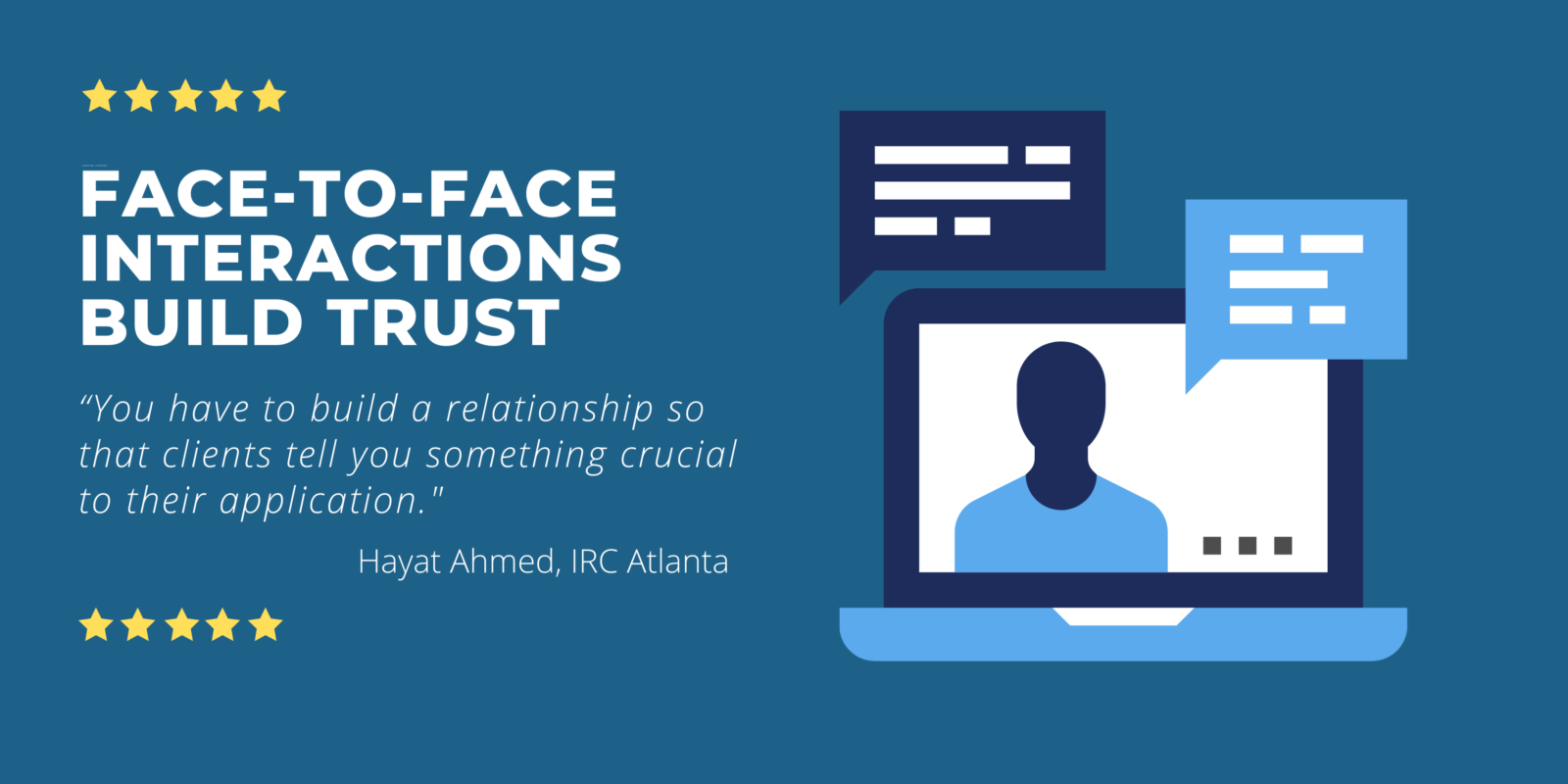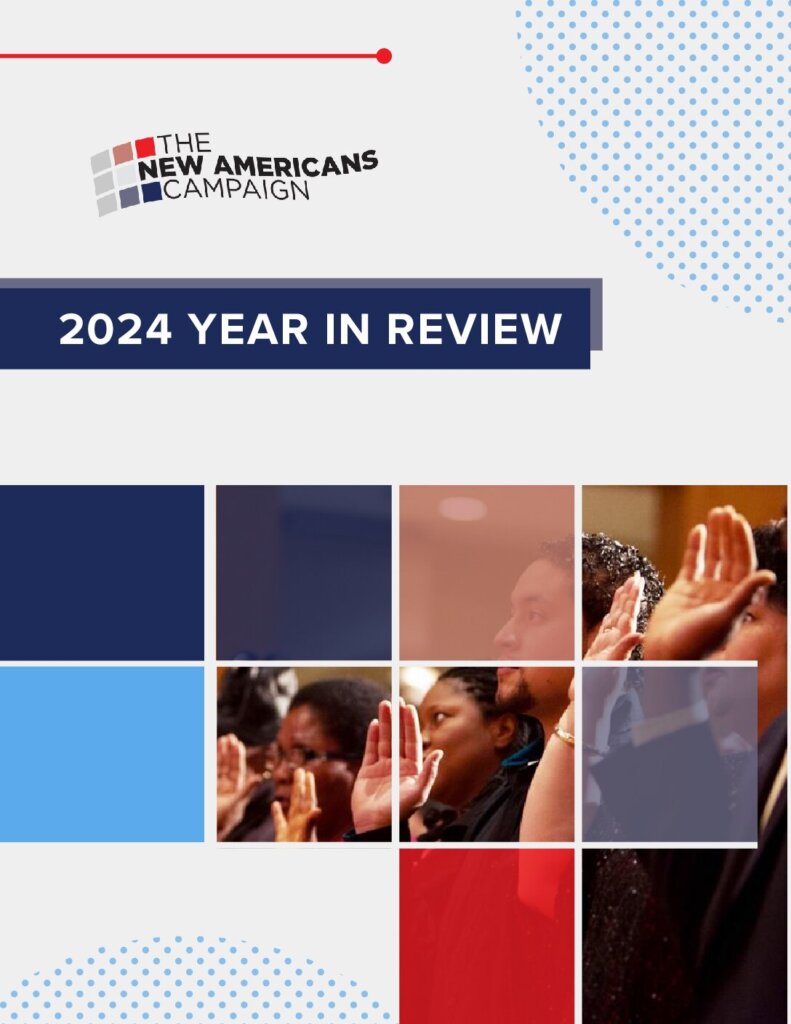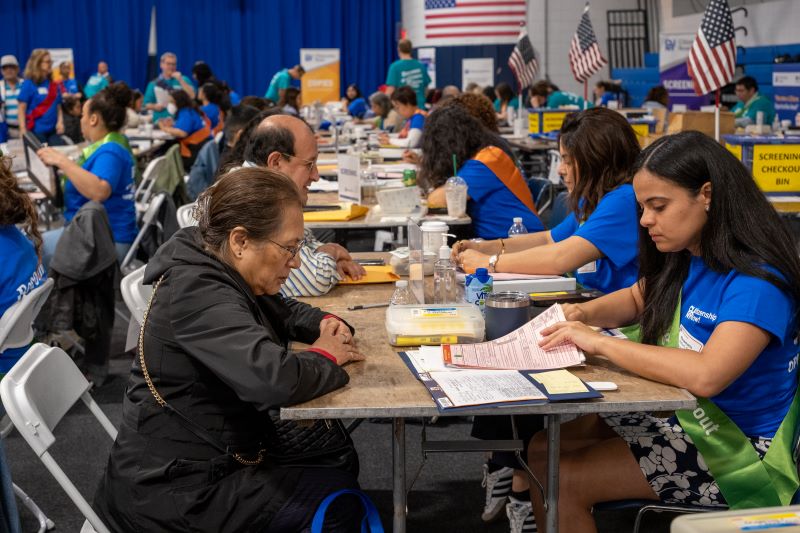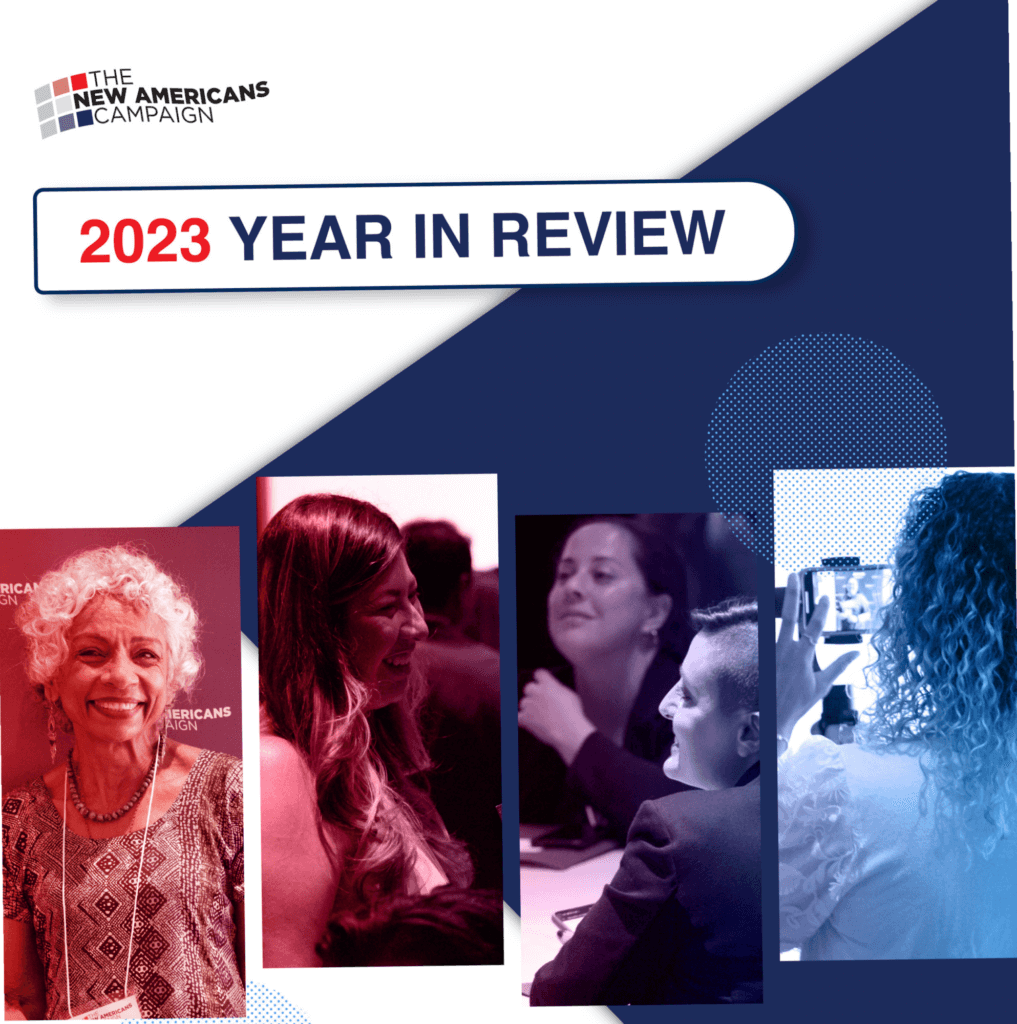Lessons from Our Virtual World Part Two

Explore more
In Part Two of this series of three posts we go to Atlanta, Georgia to learn how the IRC Atlanta’s virtual review pilot project is adapting to meet the new challenges presented by the coronavirus pandemic. Click here to read Part One.
The International Rescue Committee in Atlanta
The IRC in Atlanta, Georgia, also had a virtual review pilot project underway when the coronavirus pandemic shutdown their offices in March. Like Advancing Justice-LA, they had been using the Citizenshipworks platform for months before the coronavirus became a threat. Other community-based organizations and the YMCA sent them referrals from around the country. But when the pandemic shut down their offices, the pilot project made the platform available to anyone. The bonus for participants is that it’s free, unlike the IRC’s in-office services that include a fee. “The pilot project was started with the hope that we would help a lot of clients,” said Hayat Ahmed, the Community Integration Manager for IRC. “But we weren’t getting a lot of responses [prior to the pandemic]. Now, because people are home, we are getting much more of a response. We’re getting far better completions than we did before.”
Ahmed does
the legal review over the phone which has its own challenges. “It’s double the
work to communicate with a client that you cannot see,” she says. You don’t
know if they have privacy; whether they have a child on their lap, for example.
“You have to build a relationship so that they can honestly tell you something
crucial to their application, such as if they’ve been arrested in the past.” If
someone has a complicated case and doesn’t want to use Citizenshipworks, IRC
will still assist, but they charge for the time spent working one-on-one to
fill out the application.
The virtual review pilot project gave the IRC office in Atlanta experience scheduling people who are in other parts of the country or have challenging work hours. But Ahmed has noticed that even people who began their applications remotely before the virus hit, now feel that pursuing citizenship is less of a priority due to other pressures from the coronavirus. While USCIS field offices were closed, Ahmed continued to encourage clients to complete and submit their applications because it put them into the queue. “We had a client who we sent the link to start his application in the morning, and by noon he was done. That was a record… we scheduled him for a legal review right away so that we didn’t lose him.”
Not all of
their work can be virtual. Staff members still go into the office to retrieve
the mail and use the printer, particularly if someone has a case that requires
printing a G-28 form, allowing IRC to represent the client. “We take turns,
we’re very cautious,” said Ahmed. “Our department waits 72 hours before another
person can go in and we wipe down everything we touch.” Another department
scans the mail and puts it an online folder for the interns to access
virtually. “We are very busy and we’re ready to go back to the office as soon
as it’s safe,” said Ahmed.
Lesson
learned:
Face-to-face interaction builds trust. A Zoom account is the best way to
conduct workshops with partners, volunteers, and clients, particularly with its
virtual “break-out” rooms that accommodate individualized legal review.
Next: In New York City, GMHC and the NALEO Educational Fund hope to see regular virtual workshops beginning in June.



